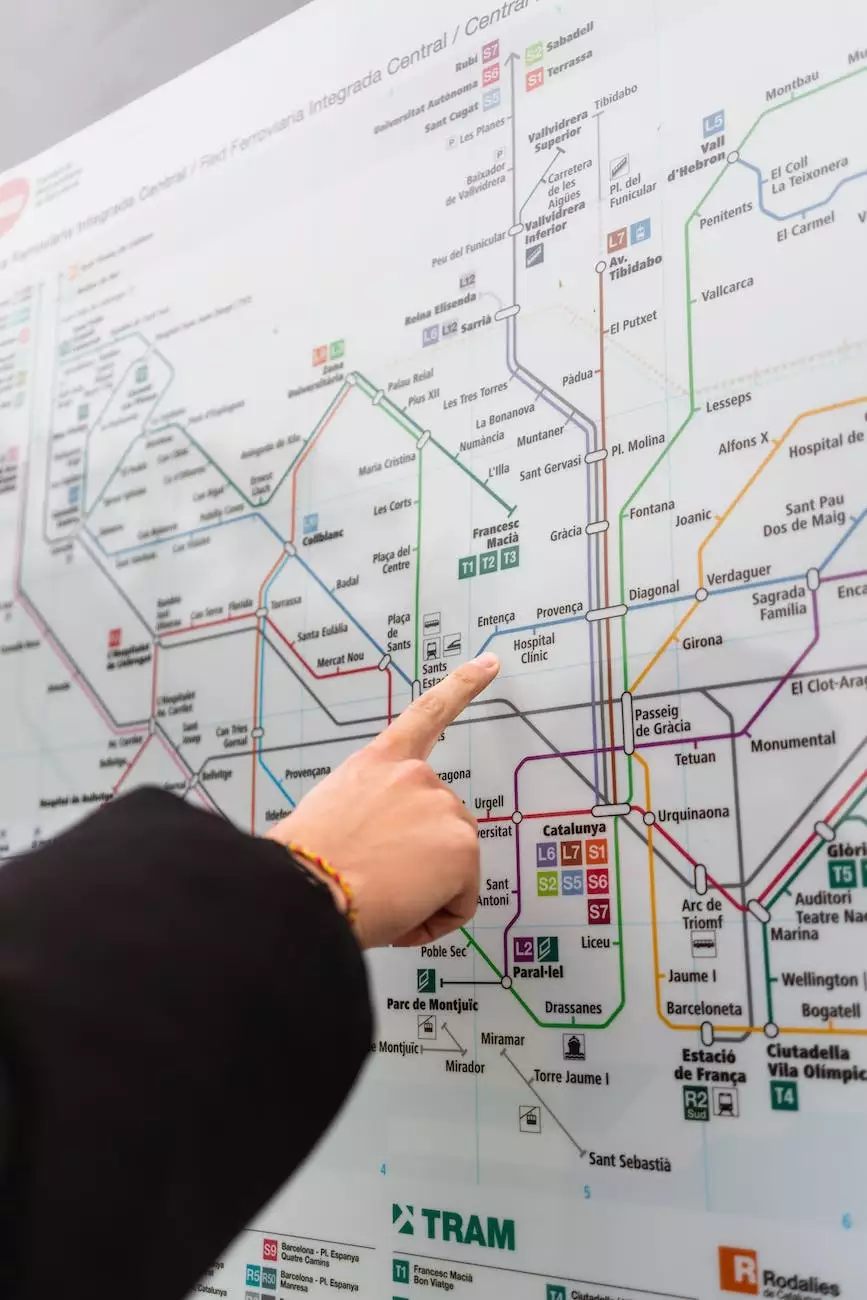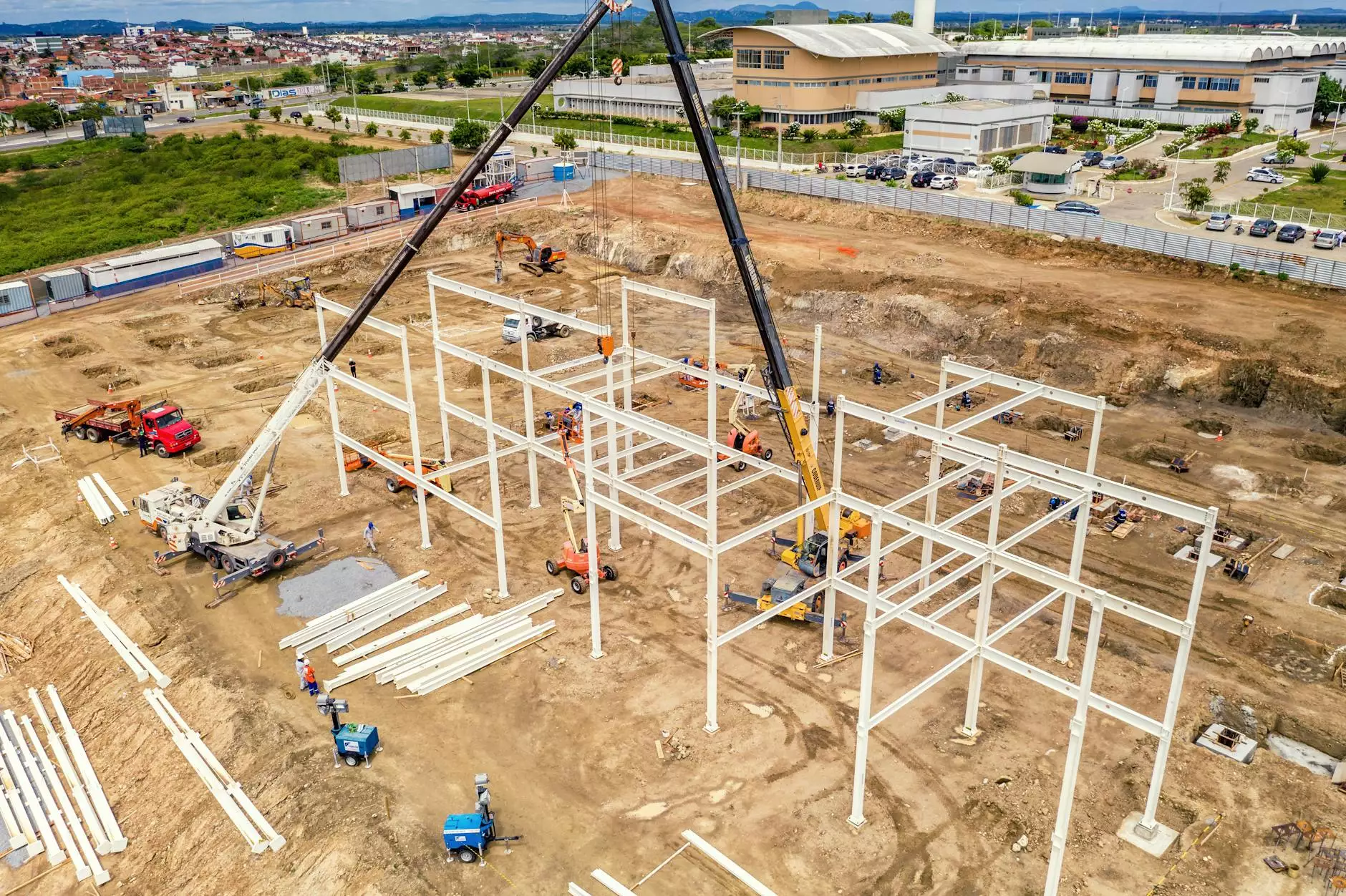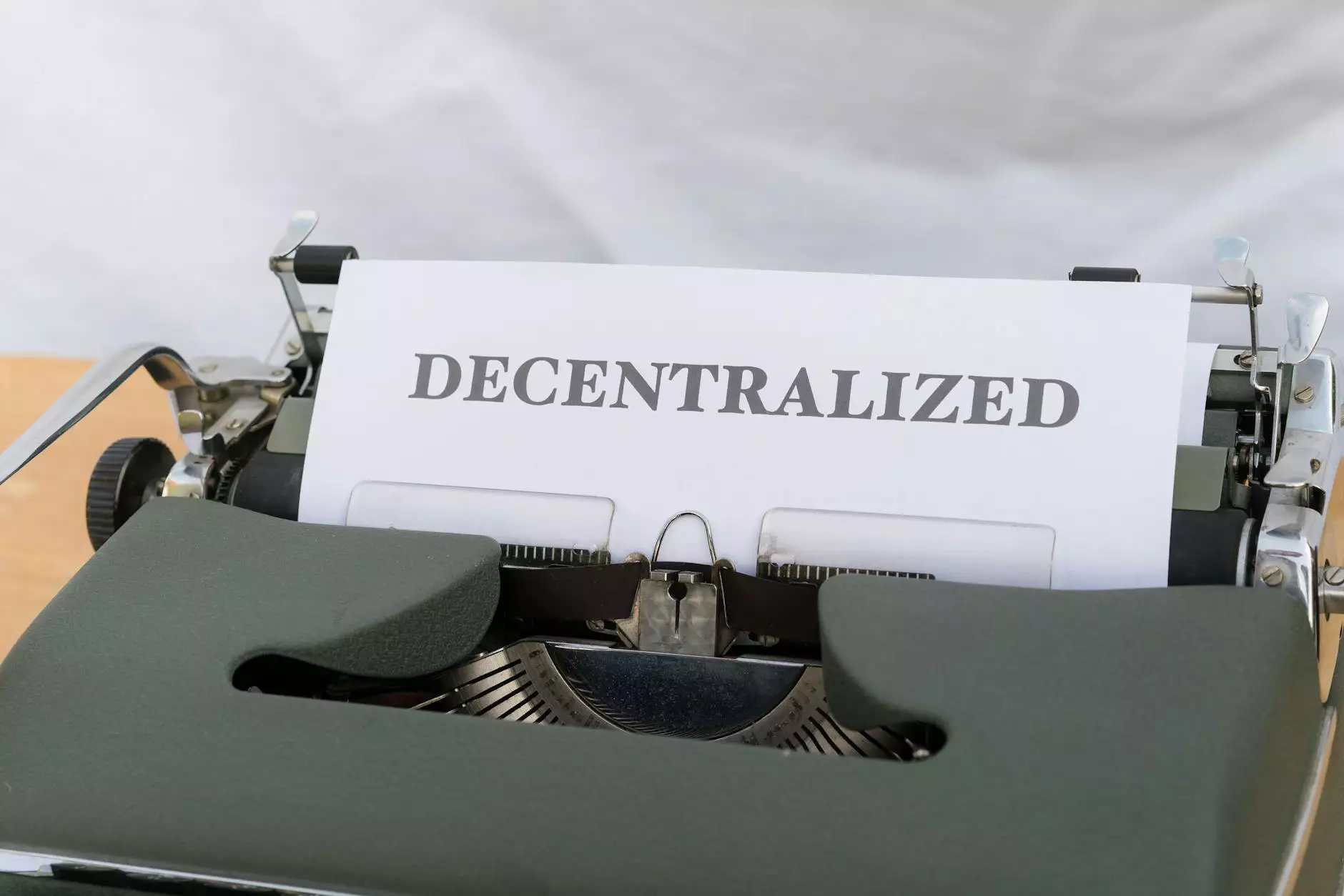Blockchain in Transportation & Logistics
Pages
Introduction
Welcome to Alan’s Creative, your go-to partner for innovative website development solutions. In this article, we will explore the emerging technology of blockchain and its role in revolutionizing the transportation and logistics industry.
The Need for Disruption
Transportation and logistics is a crucial aspect of the global economy, involving the movement of goods and services across various geographical locations. However, this industry has long been plagued by inefficiencies, lack of transparency, and numerous intermediaries. These challenges have given rise to the urgent need for disruption.
Understanding Blockchain
Blockchain is a decentralized ledger technology that allows secure and transparent recording of transactions across multiple parties. It enables the creation of immutable records, ensuring trust and eliminating the need for middlemen. By leveraging blockchain, businesses in the transportation and logistics sector can streamline their operations, reduce costs, and enhance overall efficiency.
Enhanced Supply Chain Management
One of the key areas where blockchain is making a significant impact is supply chain management. With its ability to provide real-time visibility and traceability, blockchain enables businesses to track the entire journey of goods from the point of origin to the end consumer. This transparency helps in identifying potential bottlenecks, reducing delays, and enhancing customer satisfaction.
Smart Contracts for Efficient Transactions
Blockchain technology also facilitates the use of smart contracts, which are digitally enforceable agreements between parties. These contracts automatically execute certain predefined actions when specific conditions are met. In the context of transportation and logistics, smart contracts can streamline payment processes, automate regulatory compliance, and greatly enhance transactional efficiency.
Improved Security and Trust
Security and trust are paramount in any business transaction. Traditional methods of data storage and sharing often pose vulnerabilities that can be exploited by malicious actors. Blockchain's distributed nature and cryptographic algorithms provide enhanced security, making it extremely difficult for unauthorized parties to tamper with the recorded data. This inherent trust in blockchain technology is revolutionizing the way businesses operate in the transportation and logistics industry.
Blockchain and IoT Integration
The integration of blockchain with the Internet of Things (IoT) is unlocking new possibilities in the transportation and logistics sector. By combining IoT sensors and blockchain technology, businesses can create an interconnected ecosystem where devices can seamlessly interact and transmit data in a secure and transparent manner. This integration enables real-time monitoring, predictive analytics, and streamlined decision-making processes.
Collaborative Networks and Efficiency
Blockchain fosters collaboration among stakeholders by providing a shared platform for secure data exchange. Businesses can create decentralized networks where information can be accessed by authorized participants, eliminating the need for intermediaries. This shared infrastructure improves operational efficiency, reduces costs, and drives innovation across the transportation and logistics industry.
Conclusion
In conclusion, the integration of blockchain technology in transportation and logistics holds immense potential for transforming the way businesses operate in this industry. At Alan’s Creative, we understand the significance of staying ahead of the curve and embracing innovative solutions to drive success. Contact us today to learn more about our website development services and how we can help your business harness the power of blockchain in transportation and logistics.










